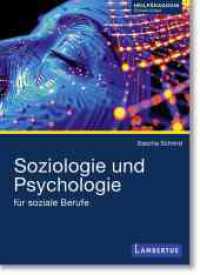- ホーム
- > 洋書
- > 英文書
- > Philosophy
Full Description
This volume collects the private letters and published epistles of English women philosophers of the early modern period (c. 1650-1700). It includes the correspondences of Margaret Cavendish, Anne Conway, Damaris Cudworth Masham, and Elizabeth Berkeley Burnet. These women were the interlocutors of some of the best-known intellectuals of their era, including Constantijn Huygens, Walter Charleton, Henry More, Joseph Glanvill, John Locke, Jean Le Clerc, and Gottfried Wilhelm Leibniz. Their epistolary exchanges range over a wide variety of philosophical subjects, from religion, moral theology, and ethics to epistemology, metaphysics, and natural philosophy. For the first time in one collection, the philosophical correspondences of these women have been brought together to be appreciated as a whole.
Women Philosophers of Seventeenth-Century England is an invaluable primary resource for students and scholars of these neglected women thinkers. It includes original introductory essays for each woman philosopher, demonstrating how her correspondences contributed to the formation of her own views as well as those of her better-known contemporaries. It also provides detailed scholarly annotations to the letters and epistles, explaining unfamiliar philosophical ideas and defining obscure terminology to help make the texts accessible and comprehensible to the modern reader. This collection and its companion volume, Women Philosophers of Eighteenth-Century England (forthcoming), provide valuable historical evidence that women made substantial contributions to the formation and development of early modern thought and reflect the intensely collaborative and gender-inclusive nature of philosophical discussion in the early modern period.








